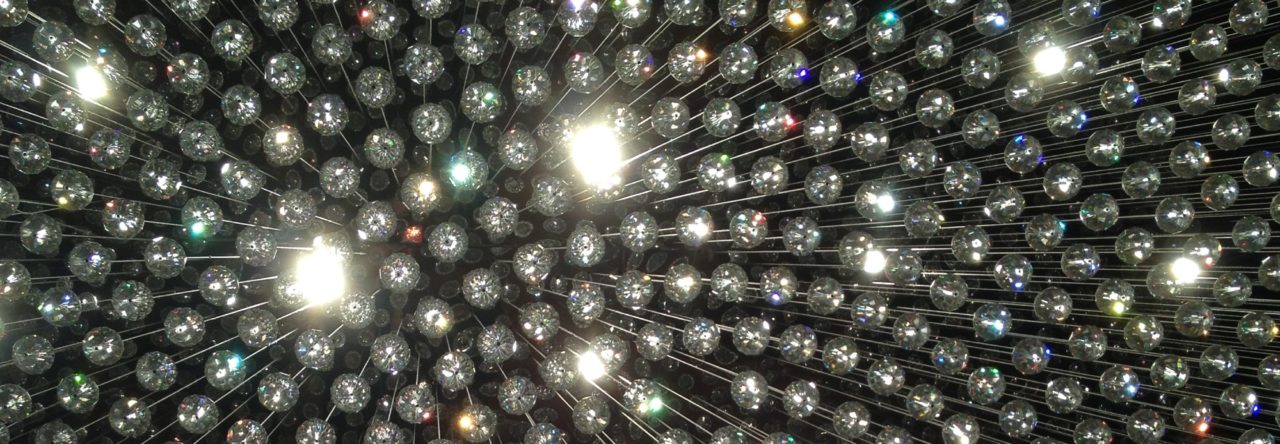[Continued from “Donuts and day drinking, Pt. 1”]
As usual for the daytime, the Hotsy had just a few regulars and an employee or two hanging towards one end of the bar. I sat at the other end after politely showing my ID and vaccination card photo to the sweet dog who greeted me, and again to the bartender. After much deliberation with the cocktail menu, I ordered “Feeling Fizzy” and settled into the ambiance, which (deja vu?) included a discussion of a bar patron’s new haircut.
“I get my hair done at So-So Cuts,” he said.
“I get my hair done at Mildly Okay Cuts,” said another.
The banter continued, and my mind drifted to the work I had completed for a local nonprofit earlier in the week. I’d left my last cannabis licensing job at the end of 2019, vowing not to return to that industry, given cannabis legalization’s trend toward corporatization and fiscal dominance instead of the plant’s wellness potential and “safe access” for the medical cannabis patients of yore. During the many pandemic months of unemployment that followed, I explored the possibility of doing nonprofit communication work–something that I thought would allow me to contribute more positively and directly to my community.
I ended up accepting a position that taught me the ins and outs of nonprofit development. And while the organization was doing good work within its community, I left feeling somewhat uneasy about the inherent power structures and “culture” of philanthropy…
“You’re still at the age where masturbation standing up is an option,” said an older guy to another at the end of the bar. By now, multiple conversations and hilarities ensued.
“I have an irrational fear of death by coconuts in the shower,” said the man sitting closest to me. “Death by coconuts–it’s a real thing. Look it up!”
Obviously, I engaged this man in further discussion.
He said something to the bartender about how he’s rethinking his vocational desire to do good in the world, that nonprofit work is not what he thought it would be. When I inquired further, he wondered aloud if he had it wrong all along.
“Maybe I should’ve worked to make a lot of money first when I was younger,” he said. “And then I could’ve given some of that money to charities.”
He told me that he did “nation-building” work overseas, as part of the military. And while they did good work, it was also a grind, complicated, and didn’t pay very well. Now he has a wife and two daughters, and he’d desperately like to add a second bathroom.
“I’ll do what I have to, I’ll put on the suit,” he said. “But I’d just like to find a job that I can tolerate, that does the least amount of damage possible, and I get paid well. You know?”
We talked about how the pandemic showed us what’s most important, and that there’s life outside of work. That there’s a flaw in identifying ourselves so tightly with what we do for a living. We talked about our parents, how they navigated work and home life, and whether they were happy or not.
“My dad never seemed too concerned,” he said. “He was a family man, and he had a job.”
“Well, the next generation often rebels against doing what their parents did,” I said. “For us, it was about finding satisfaction and meaning in what we do for a living. But maybe that’s not quite right either.”
“I don’t know…”
“My problem generally is I think too much,” I said. “I see you have that same affliction.” He nodded, and we both looked down at our drinks.
Meanwhile, another conversation from across both ends of the bar erupted over psychedelics and microdosing. “It makes you feel connected, like you’re at one with the universe,” said one guy.
“It helps you detach from your ego,” said another guy.
I fucking love this place.
